EU Military Assistance Mission helps build capacity for over 500 troops in first year of operations ...
Cabo Delgado: How can Angola help Mozambique? – DW
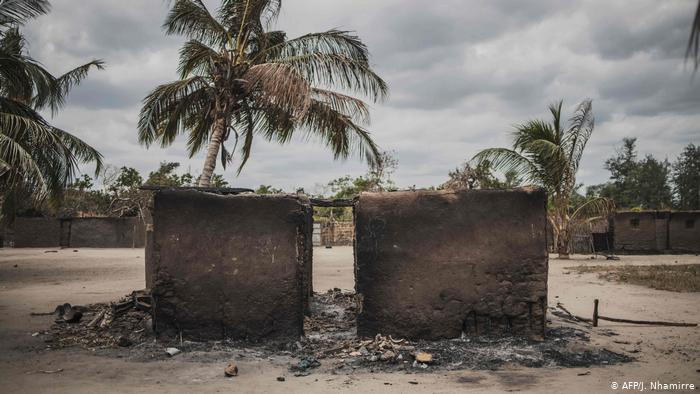
- According to analysts, Angola has the means, in terms of combat readiness and military equipment, to support Mozambique in the fight against terrorism. And, in addition to projecting power, Angola would also gain prestige.
Possible military aid from Angola to Mozambique to combat terrorism in Cabo Delgado has long been speculated about. The conflict was one of the topics on the agenda when the presidents of the two countries spoke recently, although details have not yet become public.
But, in Luanda, the rumours and the desire to help the “sister country” are great.
“There is talk in the Armed Forces that, in fact, it is possible to go and fight, help Mozambique,” Angolan academic Paulo Inglês says. “In addition, Angola says that it has experience because it fought UNITA [National Union for the Total Independence of Angola] for many years, which was also a guerrilla war. Therefore, the country has a lot of experience in tactical terms of combat in open areas, without using aviation – [fighting] almost man-to-man. So, they think they can help in that sense, but they think Mozambique would have to ask.”

“But that would internationalise the conflict even more, and I think that this is the fear that everyone has,” he adds.
Maputo’s anti-interference stance is growing visibly. The Indian Ocean sister country has refused to solicit foreign troops, claiming the preservation of sovereignty. According to Paulo Inglês, if any Angolan troops were sent, as has already happened with the Democratic Republic of Congo (DRC) and the Ivory Coast, it would not be on an official level.
One hypothesis which perhaps militates against Maputo’s self-protectionist stance, is that, “because Mozambique would have to ask officially, in theory there would also have to be an international context, at the level of SADC [Southern African Development Community] or even at the UN [United Nations].
“It would be sending an international force, even if it were just one country, and not something bilateral. So, without this legal support, Angola could not officially send [troops]. There is in this of sense solidarity between the parties that govern the two countries,” the Angolan academic muses.
Brotherhood and secrecy
An old brotherhood that also supports itself in secrecy, as history shows. The intervention would require the approval of the SADC, the African Union (AU) and the UN for financial support, Angolan specialist in international politics Belarmino Van-Dúnem warns.

Angola is facing a financial and economic crisis that is causing domestic upheavals. “From a financial and economic point of view, these interventions have very high costs, because maintaining the logistics of an intervention force and projecting them outside the country is not very easy,” Van-Dúnem clarifies.
“And in this case, if there is multilateral support or a commitment between the Angolan and Mozambican armed forces so that there is a sharing of costs for an effective intervention, Angola has the conditions in terms of combative preparation and the equipping of its military technique,” he thinks.
Projecting the power of Angola
Mozambican security specialist Calton Cadeado says that Angola would reap laurels for any military support, while also satisfying a desire to support Mozambique in geopolitical terms.

“This would be a projection of Angolan power to an area where traditionally it is not well known – an area typically of South African influence. So, it would be a projection of power for Angola,” he considers.
“We know that Angola has the prestige of having won a war and of having well-prepared and equipped armed forces which, however, in recent times, are not being exposed to the national and international public,” he concludes.


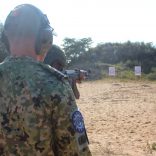


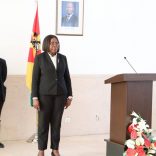
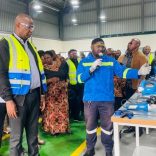
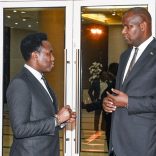



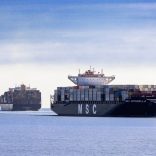

Leave a Reply
Be the First to Comment!
You must be logged in to post a comment.
You must be logged in to post a comment.